Good customer service is essential for inbound call centres. Every call must be handled appropriately and consistently. While inbound call centres will largely be dealing with incoming calls, there will be occasions where an outbound call is needed to continue providing the best customer service.
There are a number of instances in which a call centre may need to call a customer back, including returning a call to a customer once the issues they flagged in an earlier call have been investigated. Call backs may also be required to provide a customer with more detailed information if they have initially got in touch via another channel, such as email or a contact form on your website. In some cases, an outbound call may also be used to proactively call customers to gather information via satisfaction surveys to help measure your company’s performance. All outbound calls will need to meet the high standards expected by both your customers and your company. As such, many contact centres will make use of automated diallers to ensure the efficiency and quality of their outbound call backs. We take a look at some of the ways a hosted dialler can ensure you never miss a call back, while maintaining quality customer service.
Diallers Can Make Queue Call Backs
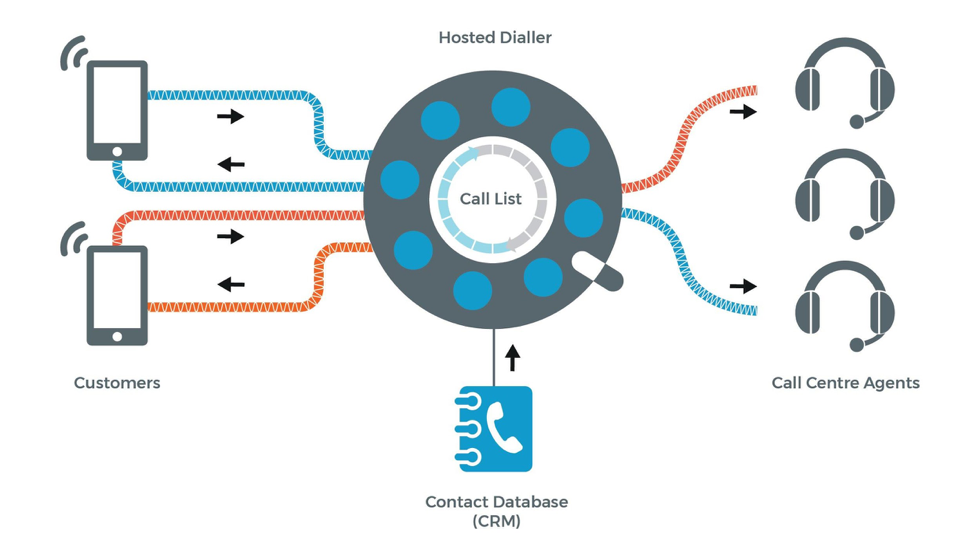
Customers do not like having to wait in call queues to get their queries answered. Unfortunately, when your customers are forced to wait for prolonged periods of time, the best case scenario is mild frustration. In fact, customers are just as likely to abandon the call altogether or turn to a competitor. The problem is that there is no accounting for sudden, unexpected spikes in call volumes. When all your agents are busy on calls, there is little you can do other than watch your queue size and average wait times get bigger.
A dialler can help here, as it can reduce the amount of time customers are required to wait in a queue by using queue callback technology. After customers have waited for a pre-defined length of time, an automated message can offer to call them back. If the customer pushes a button to request this option, the dialler adds their caller ID number to an outbound call queue. When an agent becomes available, the callback is automatically dialled and passed to the agent when it is connected.
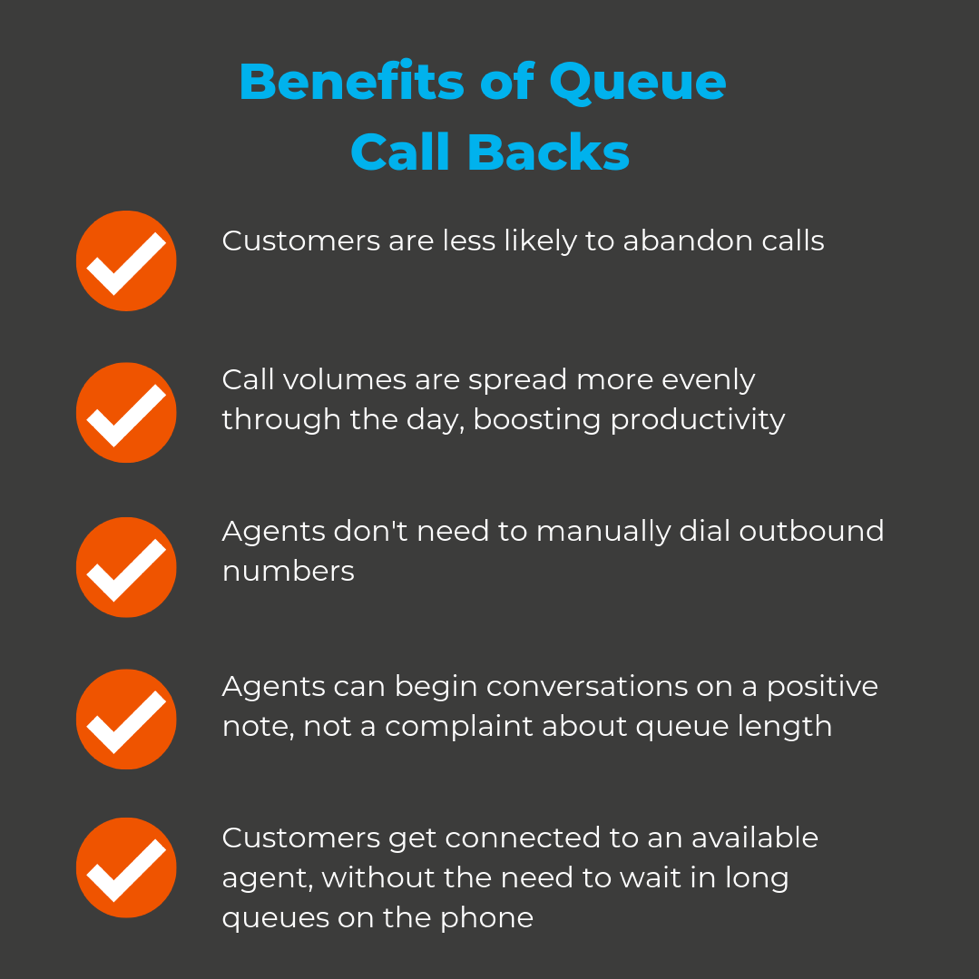
Diallers Can Schedule Call Backs
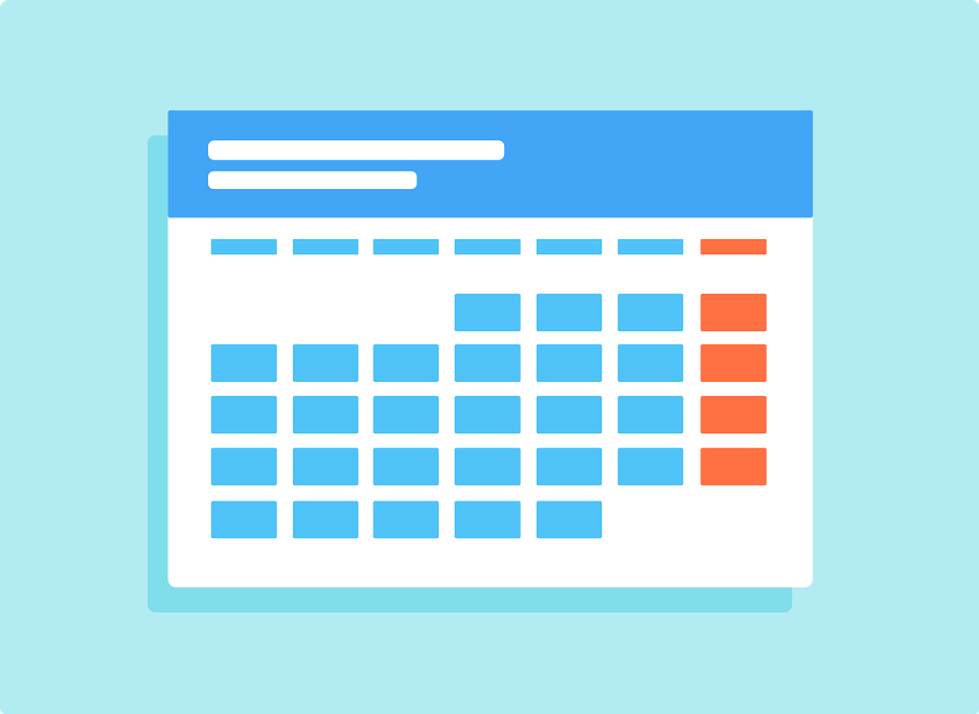
There are a wide variety of occasions when it is necessary to end a call with a customer, follow-up on the enquiry, issue, or complaint, and return the call later on. However, in a busy contact centre, it’s easy for agents to lose track of the call backs they need to make. In some instances, shift-based work patterns mean call backs need to be passed between agents. As a result, customers are left waiting for promised call backs, which never happen.
This issue can be avoided by using a dialler to schedule a call back. When an agent decides that a call requires a call back, they can select an appropriate date and time from an on-screen calendar, which will schedule the call into the dialler. Two types of call back can then be made: agent specific or group call back.
An agent specific call means that a specific agent that has previously dealt with the particular case, or has more knowledge relating to the customer’s query, will need to be assigned to the call. Because of this, the dialler will not automatically make the call, as that agent may be busy when the time scheduled comes. Instead, an alert will flash on that agent’s screen to remind them, and they can click to begin the call when they are ready. Alternatively, if the call lead doesn’t have a history with a specific agent, then the dialler can make the call back automatically, and a free agent will be able to take the call.
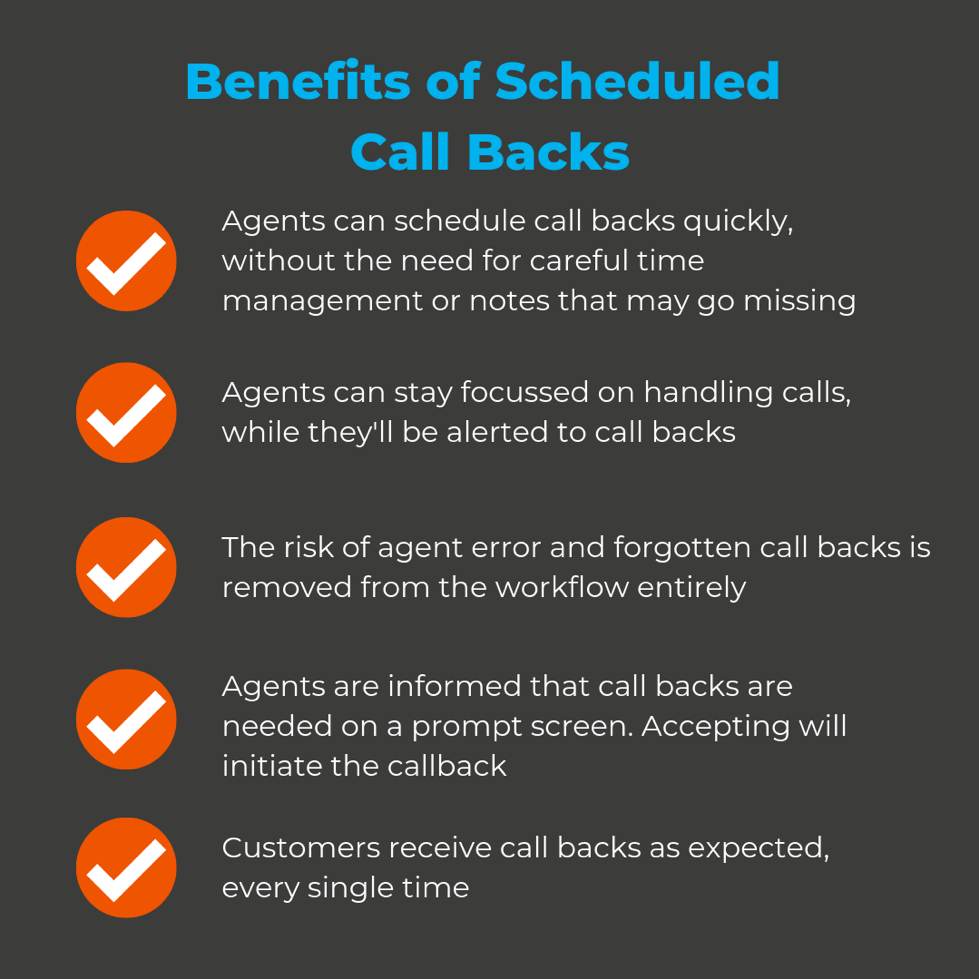
Diallers Can Automate Website Call Back Requests
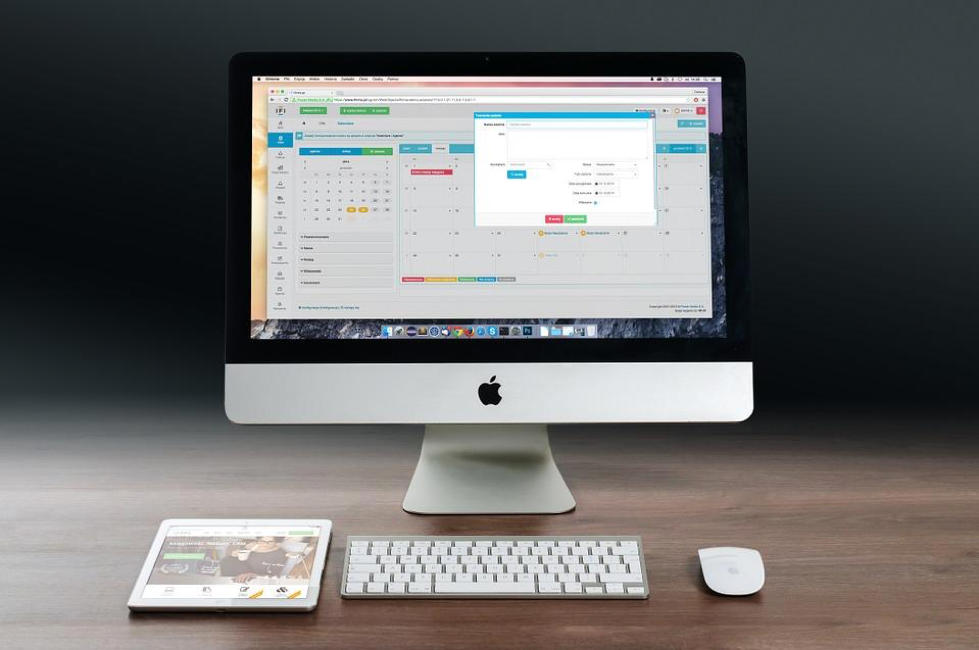
Customers will expect to be able to get in touch with your contact centre in whichever manner they choose. Some companies will offer customers the chance to request a call back online via a simple online form. This eliminates the need for the customer to wait in a phone queue, means that the customer won’t have to spend money on the call and also that they won’t have to wait ages for a slow response via email or letter. However, if such call back requests are dealt with manually, customers may be left waiting, or human error could cause their email data to be wrongly transferred, causing wrong numbers to be dialled.
A dialler can help to avoid such issues by creating a database of names and numbers from call back requests as they get submitted, without the need for manually adding them to a call list. With an application programming interface (API), this database can then be integrated into almost any service. In the database, calls can also be assigned with priority levels, which the dialler will use to determine when the call should be made.
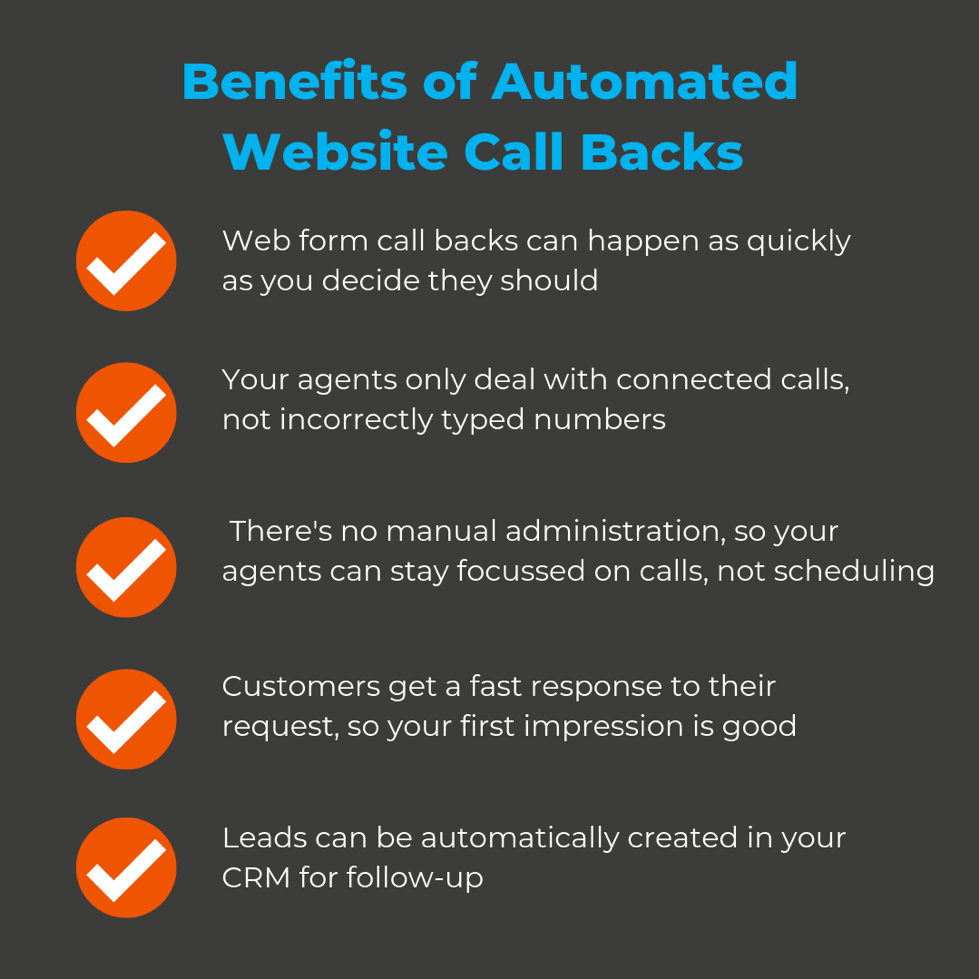
Diallers Can Click-to-Dial
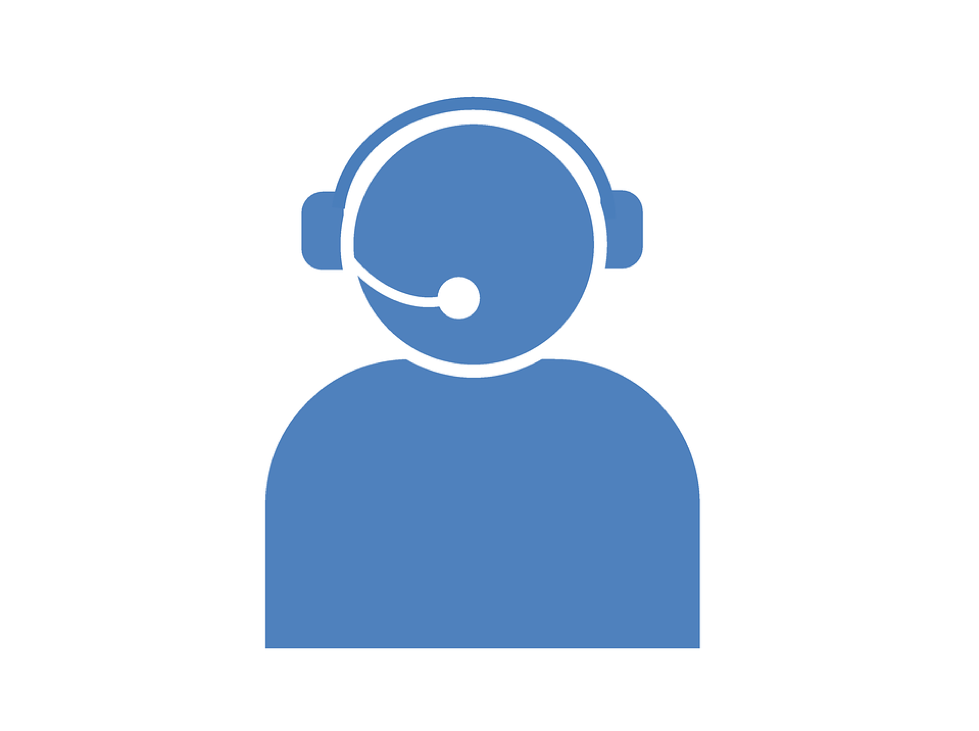
While manually dialling a phone number may seem like a small task, the time spent finding the right record, dialling the number and waiting for the call to connect can really add up. Contact centres want to do all they can to reduce wasted time that agents could be spending helping customers.
Diallers with a click-to-dial function will allow agents to simply click on a number, which is then dialled automatically. The dialler can be integrated with any application your agents use, such as your customer relationship manager system, using an application programming interface (API).
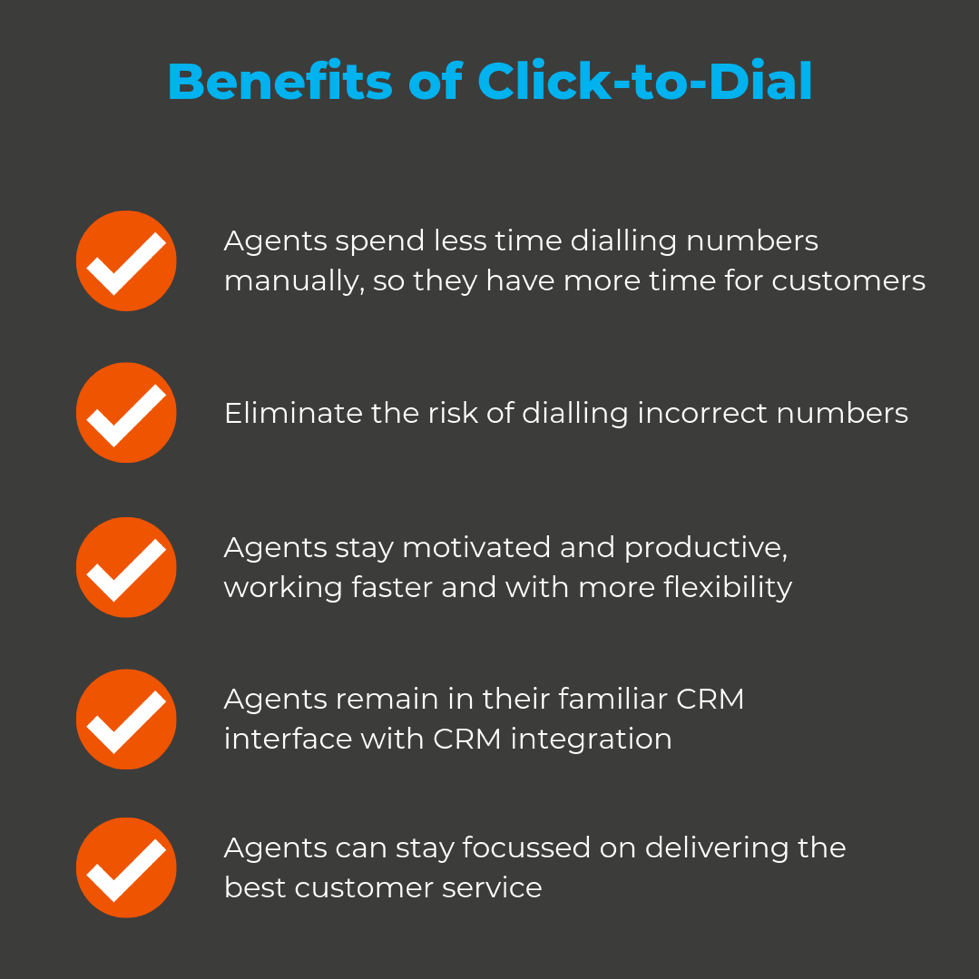
Diallers Can Create Outbound Satisfaction Campaigns

It is important to check your progress in your goal of delivering the best possible customer service. A commonly used tool for call centres to do so is by using a telephone-based customer satisfaction survey. However, getting your call agents to undertake surveys themselves, they’re removed from dealing with incoming calls and customer enquiries. Surveys can be resource-intensive and time-consuming, and so wasting your agents on such tasks should be avoided.
Luckily, a hosted dialler can offer you the chance to conduct outbound customer surveys on any scale, without the need of involving human agents. An Interactive Voice Response (IVR) system can create a fully-automated survey on your behalf. The dialler will call the survey participants, request feedback and capture the results given.
Alternatively, if you would rather your survey was conducted by human agents, the dialler can be used to make the most of its speed, making the time spent surveying more efficient. This is because the dialler can send your agent directly to connected calls, reducing the amount of wasted downtime. Your agents can conduct telephone interviews, asking set questions and capturing the answers, using a form in your dialler or a survey application.
Whether you opt for an IVR or agent-based survey, all data is captured to the dialler’s database. From there, it can be turned into a range of different reports to help you see where improvements can be made.
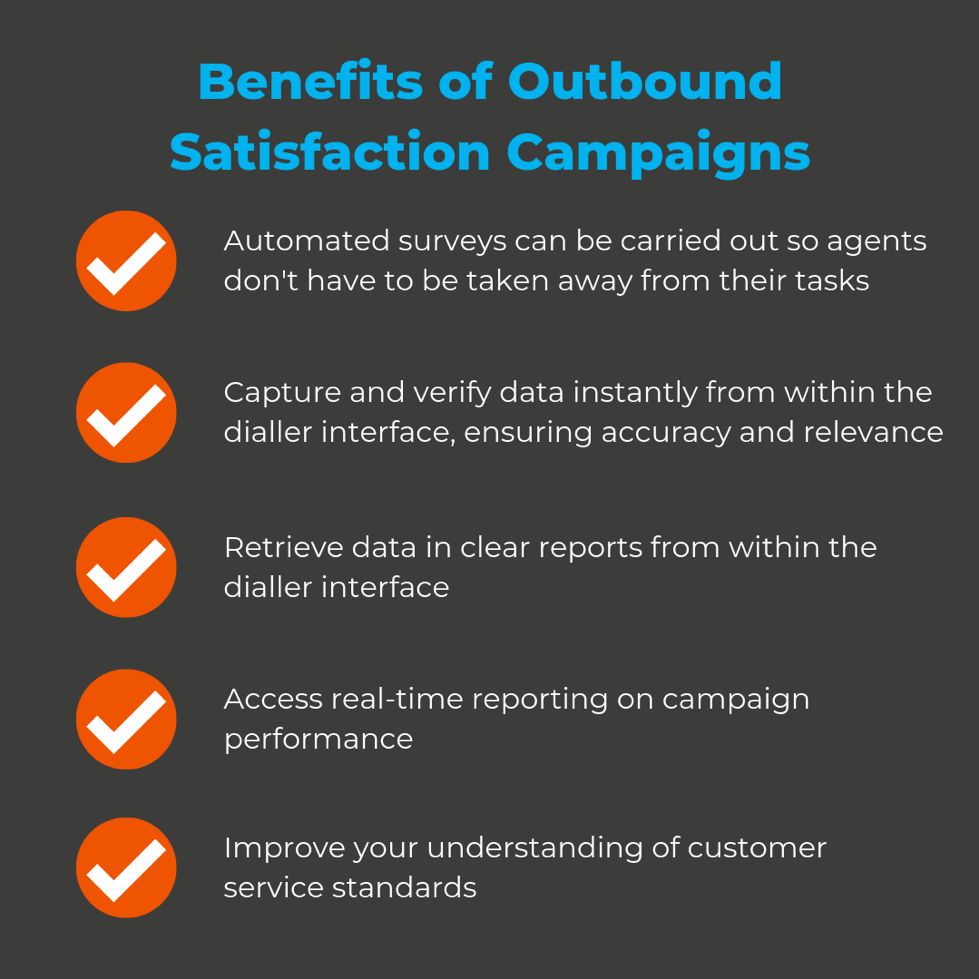
From simple click-to-dial functionality to fully-automated surveys with IVR, a hosted dialler gives inbound contact centres new ways to work. This can help to keep agents focussed on what really matters – delivering the best possible service to customers. In this guide, we have highlighted how a hosted dialler can help to save time on manual dialling and administration, eliminate agent errors via automation and show your customers that you are proactive and supportive by always returning calls. If you would like to find out more about how a hosted predictive dialler can help your business, then please do not hesitate to get in touch with our expert team today.












